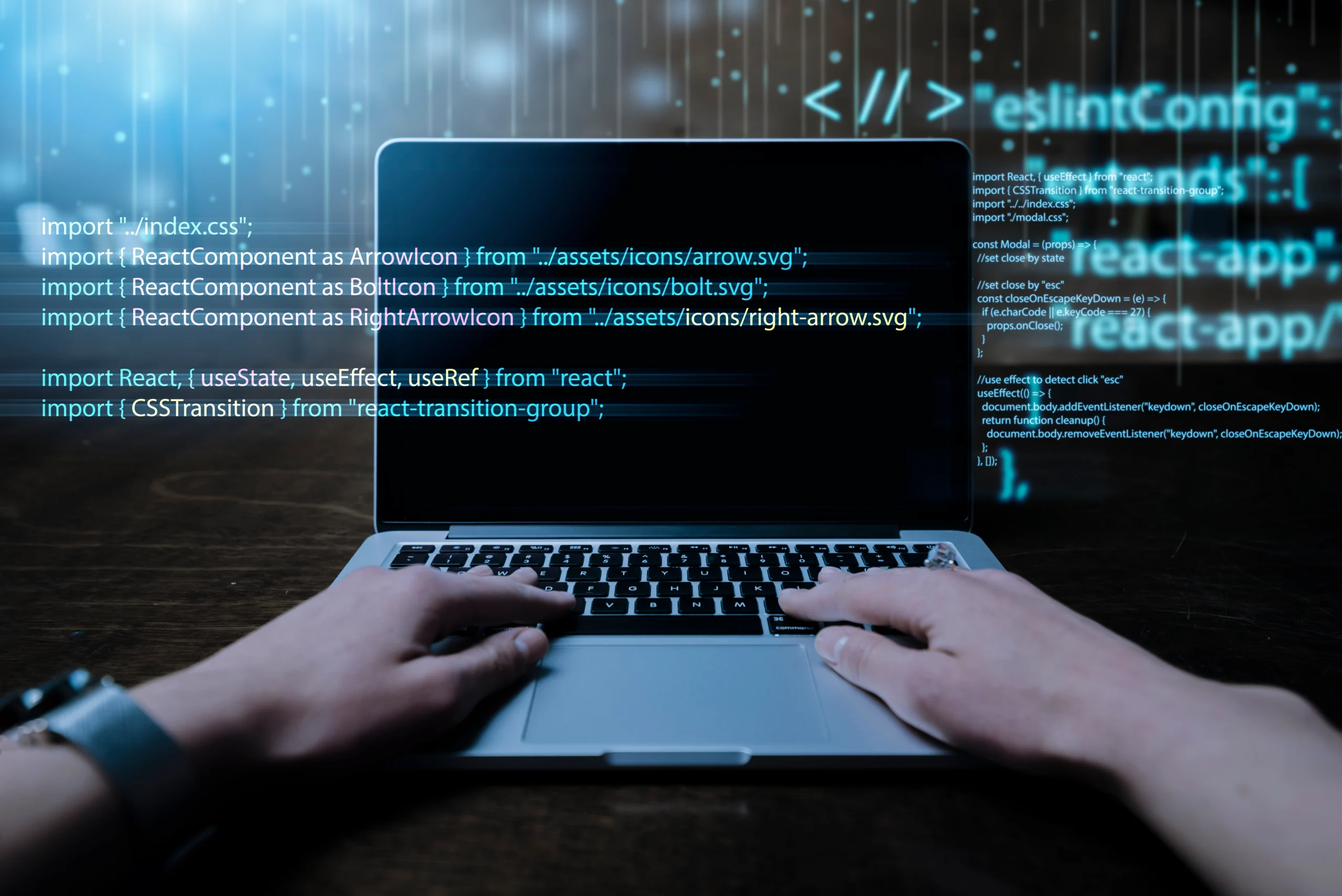Coding, a fundamental aspect of the modern digital world, is the process of writing instructions for computers to perform specific tasks. These instructions are written in various Programming Languages that translate human commands into machine-readable code. This article delves into the nature, purpose, and significance of coding, providing a comprehensive understanding of its role in technology.
The Basics of Coding
Definition of Coding
Coding, also known as programming, is the act of creating Software by writing lines of code in a programming language. These lines of code form algorithms and data structures that tell a Computer how to behave and what actions to perform. Coding is essential for developing everything from simple websites to complex software applications and operating systems.
How Coding Works
Coding involves a series of steps:
- Problem Identification: Understanding the problem that needs solving.
- Algorithm Design: Creating a step-by-step plan or algorithm to solve the problem.
- Writing Code: Translating the algorithm into a specific programming language.
- Testing and Debugging: Running the code to find and fix errors.
- Implementation: Deploying the code to be used in a real-world application.
Types of Programming Languages
Coding can be done in various programming languages, each with its unique features and use cases. Some of the most common programming languages include:
High-Level Languages
High-level languages are user-friendly and abstracted from the machine’s hardware. They are easier to write, read, and maintain. Examples include:
- Python: Known for its readability and simplicity, Python is widely used in web development, data analysis, artificial intelligence, and scientific computing.
- JavaScript: A core Technology for web development, enabling interactive websites and web applications.
- Java: A versatile language used for building cross-platform applications, including Android apps and enterprise-level software.
- C++: An extension of the C language, C++ is used in system/software development, game development, and performance-critical applications.
Low-Level Languages
Low-level languages are closer to machine code and provide greater control over hardware. They are more challenging to write but offer higher performance. Examples include:
- Assembly Language: A symbolic representation of machine code, used for programming hardware and writing performance-critical code.
- C: Often considered a low-level language due to its close interaction with hardware, C is used in system programming, operating systems, and embedded systems.
The Importance of Coding
Coding plays a vital role in various aspects of modern life, from everyday conveniences to groundbreaking innovations.
Technological Advancement
Coding drives technological advancement by enabling the creation of software that powers devices, applications, and systems. It is the foundation of innovation in fields such as artificial intelligence, machine learning, and the Internet of Things (IoT).
Automation and Efficiency
Coding allows for the automation of repetitive tasks, increasing efficiency and productivity. Automated systems and software applications can perform complex calculations, data processing, and decision-making faster and more accurately than humans.
Career Opportunities
Coding skills are highly sought after in the job market. A wide range of industries, including tech, finance, healthcare, and entertainment, rely on coders to develop and maintain their software systems. Careers in coding can range from software development and data science to cybersecurity and game development.
Problem-Solving and Creativity
Coding enhances problem-solving skills by requiring logical thinking and analytical reasoning. It also fosters creativity, as coders can design and build unique solutions to complex problems, creating innovative software and applications.
Learning to Code
Getting Started
Learning to code can seem daunting, but with the right approach and resources, anyone can become proficient. Here are some steps to get started:
- Choose a Language: Start with a beginner-friendly language like Python or JavaScript.
- Online Tutorials and Courses: Utilize online platforms like Codecademy, Coursera, and Udemy to access tutorials and courses.
- Practice: Regular practice is essential. Build small projects, solve coding challenges, and participate in coding competitions.
- Join Communities: Engage with online coding communities like GitHub, Stack Overflow, and Reddit to seek help, share knowledge, and collaborate on projects.
Resources for Learning
Several resources are available for learning to code, including:
- Books: Books like “Automate the Boring Stuff with Python” and “Eloquent JavaScript” provide in-depth knowledge.
- Interactive Platforms: Websites like Khan Academy and freeCodeCamp offer interactive coding lessons and exercises.
- Bootcamps: Coding bootcamps like General Assembly and Le Wagon provide immersive, intensive training programs.
The Future of Coding
Emerging Technologies
The future of coding is closely tied to emerging technologies. As fields like artificial intelligence, blockchain, and quantum computing evolve, new programming languages and paradigms will emerge to address their unique challenges.
Low-Code and No-Code Platforms
Low-code and no-code platforms are simplifying the coding process, allowing individuals with little to no programming experience to create applications. These platforms use visual interfaces and pre-built components to streamline development, making coding more accessible.
Continuous Learning
The field of coding is ever-changing, with new languages, frameworks, and tools being developed constantly. Continuous learning and staying updated with industry trends are crucial for coders to remain relevant and effective.
Conclusion
Coding is a fundamental skill in today’s digital age, enabling the creation and functioning of software that powers our world. From high-level languages that simplify complex tasks to low-level languages that offer precise control over hardware, coding is the backbone of technological advancement. Its importance in automation, career opportunities, and fostering problem-solving and creativity cannot be overstated. As technology continues to evolve, coding will remain a critical skill, driving innovation and shaping the future of the digital landscape. Whether you are a beginner or an experienced programmer, the journey of learning to code is both challenging and rewarding, offering endless possibilities for those willing to explore its depths.



